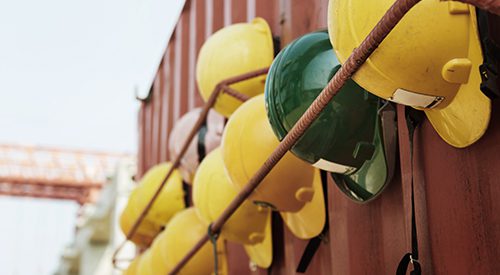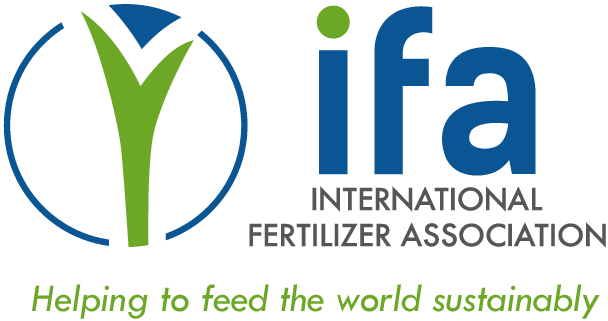The Fertilizer Industry Sets the Standard for Safety and Security
Product safety, security and sustainability are a concern for many businesses. For the fertilizer industry they are so important that it created its own bespoke best practices certification. Developed by IFA members and leading independent auditors specifically for the fertilizer sector, Protect & Sustain is the de facto global product stewardship standard for the business.
IFA’s Protect & Sustain standard is built on selected quality, environmental, health and safety aspects of the broader ISO and OHSAS certifications* and has many points in common with Responsible Care 14001 which addresses the chemical industry. It allows companies working across the fertilizer value chain to ensure that they have the right quality, environmental and safety management systems in place.
“The program provided the perfect opportunity to monitor, measure and improve on safety, security and sustainability,” says Tim Mahoney, Vice President of Business Development at IRM. “It encouraged the implementation of a new integrated management system that covered not only the sites included in our Protect and Sustain certification, but throughout our supply chain.”

Far-ranging program
Protect & Sustain is the only standard that addresses fertilizer-specific issues and has a broader scope, from raw material handling to fertilizer sales, as well as safety, security and environmental evaluations of contractors, suppliers and buyers. This allows companies to clearly assess their product stewardship performance on all fronts.
“The IFA Protect & Sustain program takes into account the specifics of the mineral fertilizer industry,” says Nina Khangaldyan, Director General Adviser at Uralchem JSC. “The self-assessment procedure included in the certification scheme allows our specialists to see and evaluate the result of their work as if from the outside.”
Continuous improvement
Another unique feature of Protect & Sustain is its points-based system. With a minimum score required to be certified, alongside a higher Excellence-level, recommendations for improvements makes it easier to prioritize problems or less developed areas and build efficient plans to solve them.
The IFA Protect & Sustain certification process is an opportunity to further upgrade the level of performance across the value chain, according to Afaf Ben-Hssine, Health and Safety Manager at OCP.
“The certificate has a positive impact throughout the lifecyle of OCP products and helps to focus and align our teams when it comes to reviewing their processes,” Ben-Hssine says. “Open feedback from assessors helps our teams to challenge themselves and build upon strong foundations through a continuous improvement process.”

The benefits of safety
With such a rigorous approach, it’s no surprise that IFA members have cited numerous benefits from taking part in the standard. Alongside public recognition and an improved reputation for the companies, certification also results in safer working conditions for employees, safer communities in which they operate and a better protected environment.
"IFA’s Protect & Sustain Certification has reinforced GPIC’s Management Systems with an industry established certification. It is a clear message to all our stakeholders that we are committed to our industry in a sustainable, secure and responsible manner," says Dr. Abdulrahman Jawahery president of GPIC.
A growing trend
As sustainability becomes an increasing global concern, IFA’s Protect & Sustain certification demonstrates that fertilizer companies are already working hard to protect people and the planet.
“Rigorous operational standards like the IFA Protect & Sustain certification provide for healthier business, employees and a responsible approach to the communities and environment that Yara International serves, and we believe the entire industry benefits with each added company and site certification,” says Jan-Petter Fossum, SVP of HESQ at Yara.
*International Organization for Standardization 9001, 14001 and 45001, and Occupational Health and Safety Series 18001 certifications.

